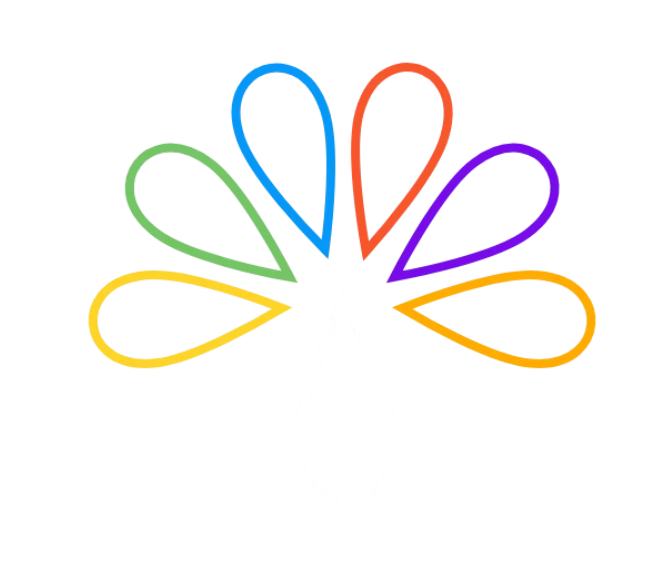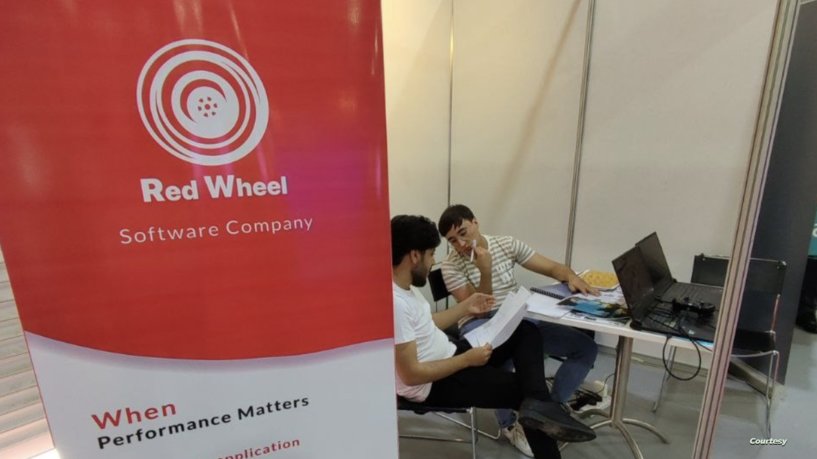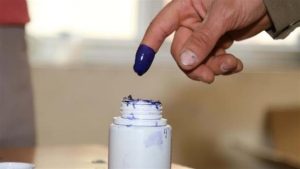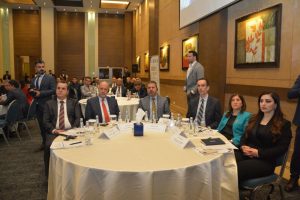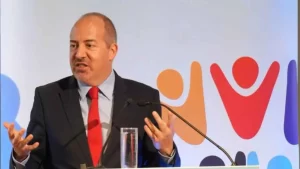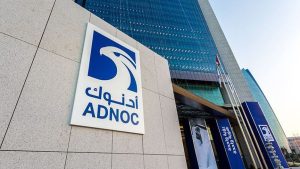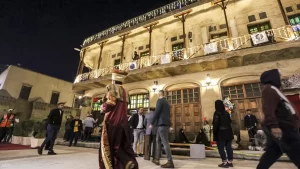At the end of 2021, after the gradual retreat of the COVID-19 pandemic’s effects, Iraqi engineer Ali Bashir Saleh, alongside two of his friends, decided to start his own business by launching a software development company in the city of Mosul, northern Iraq.
Initially, the business progressed slowly, but everything changed in October of the same year when they received a grant of approximately $25,000 from the United States Agency for International Development (USAID).
Saleh, 27 years old, shared with Al Hurra that “the funding we received from USAID helped us reach safety.”
“Our office was small, and when customers saw it, they didn’t believe much in our capabilities, but after the support, our confidence grew, and we could sense the customers’ impression that they were entering a reputable company,” he added.
The U.S. State Department’s Arabic Twitter account shared a post on Thursday highlighting the success of the software development company “Red Wheel,” which Saleh and his partners run. The State Department noted that the startup “was able, with the support of USAID, to expand its operations and increase its profits to achieve long-term sustainability.”
The tweet also mentioned that the grant allowed the company to better market its services, expand and furnish its office spaces, and purchase equipment to boost sales throughout Mosul.
USAID proudly stated that they were “pleased to support the company in its continued success” and wished them the best for the future.
When Saleh founded his company, it was just him and his two colleagues. Today, thanks to the support, he has been able to hire more people, contributing to a significant transformation in his startup.
“We were three graduates at the time, and we saw that the private sector in Mosul was weak, so we thought about establishing our own project,” Saleh explained.
Saleh emphasized that his company offers software services to all companies in both the private and public sectors, as well as to any new startup.
“Our work is focused on supporting companies in case they have a particular problem launching a service that isn’t functioning correctly in the market,” he added.
Since 2020, more than 10,000 Iraqi entrepreneurs, half of whom are women, have received business support services from USAID programs, including assistance in establishing and formalizing their businesses and expanding them sustainably.
USAID has provided nearly 3,000 grants and loans to businesses in Iraq, creating thousands of jobs and achieving a 65% increase in business revenues since 2019. The agency also notes that around 7,500 youth have received business development services.
Moreover, USAID has offered over $30 million in direct loans and grants to expand the capital of small and medium-sized businesses, resulting in an estimated 80% increase in business revenues.
These initiatives have attracted over $41 million in private investments to expand local businesses in technology, trade, and industry.
The company founded by Saleh doesn’t only serve Mosul, but has also completed projects in Baghdad, where he plans to open an office in the future.
One of the notable projects his company has completed is an integrated electronic archiving system for Baghdad International Airport and the Mosul Municipality’s Projects Department.
Saleh confirmed that “after receiving support from USAID, our work thrived at unprecedented levels, especially after we spent the funds on large marketing campaigns in Mosul, which helped raise awareness about our work.”
He concluded by saying, “We were supposed to reach where we are now in about five years, but the grant accelerated the growth and prosperity of our business.”
